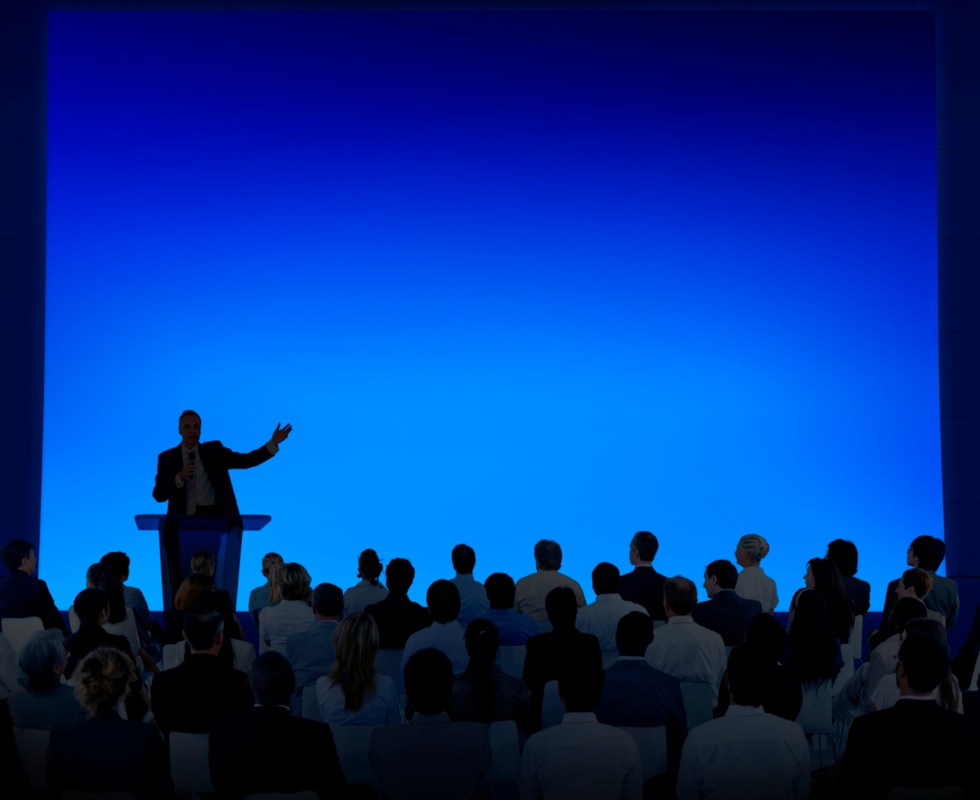The 2023 U.N. Climate Change Conference concluded with a tentative plan to move away from dirty energy, but the appointed president of this year's iteration has raised some eyebrows because of his past ties to an oil company.
What happened?
The New York Times reported in January that Mukhtar Babayev, Azerbaijan's minister of ecology and natural resources, is slated to lead 2024 negotiations at COP29 from Nov. 11 to 24. The event is nicknamed "COP29" as an abbreviation for the 29th annual Conference of the Parties to the United Nations Framework Convention on Climate Change.
Babayev, 56, spent more than two decades working at state oil company Socar, leading to concerns the 2024 conference will also fail to agree to a complete or sufficiently meaningful phaseout of oil, coal, and gas.
This winter, talks were held in Dubai under the leadership of Sultan Al Jaber, who is also connected to the oil and gas industry as head of the Abu Dhabi National Oil Company.
"The role of the COP29 president is critically important," Climate Crisis Advisory Group founder David King told the Times. "It's the difference between simply adding to the statements from preceding presidencies, and finally translating talk into the action desperately needed. The appointment of an ex-oil exec as COP29 president, whilst disappointing, is both unsurprising and inevitable given Azerbaijan's fossil fuel dependency."
According to the International Energy Agency, oil and gas account for roughly 90% of Azerbaijan's export revenues and "finance around 60% of the government budget." Most of the country's electrical grid also runs on dirty energy.
Why is this important?
There were hopes that COP28 would end with a stronger commitment to ending the use of dirty energy, which is the main reason why Earth is overheating at an accelerated rate.
Multiple countries that are more vulnerable to the effects of warming temperatures, such as rising sea levels and floods, denounced the lack of progress made at the latest event.
"Our islands are submerged; our islands are sinking. … Others must think of us. It's a moral obligation as humans to do good for others," Sharon-Mona Ainuu, the minister of natural resources of Niue, told U.N. News in December after a draft text prepared by Al Jaber called instead for a reduction rather than a phaseout of dirty energy.
The presidential appointment for COP29 has raised fears that this year could bring more of the same.
What is being done about this?
Babayev hasn't provided any hints about how he intends to handle the presidential role, according to the Times, but some nongovernmental organizations have been keeping tabs on how things are playing out.
"At some point ... we're going to have to question the credibility [of the process]," Romain Ioualalen, who works for advocacy organization Oil Change International, told Le Monde, as reported by France 24. "There must be a very strict separation between [countries'] oil interests and COP presidencies."
The work of NGOs can also receive a boost from individual efforts at home.
Voting for planet-friendly candidates and talking with family and friends can raise awareness about climate issues, while you can help hold corporations accountable by supporting eco-friendly brands and products.
Join our free newsletter for cool news and actionable info that makes it easy to help yourself while helping the planet.









